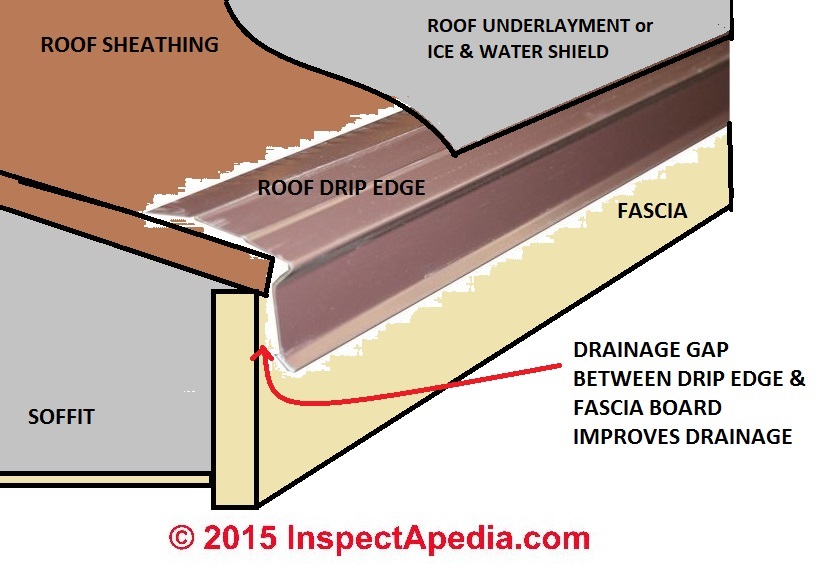Asphalt shingles are a little bit permeable in windy conditions but not very.
Ice and water shield whole roof.
In addition ice and water shield does not breath and has been known to cause serious deck degradation.
Many types of roofing including epdm and standing seam steel roofing are virtually impermeable to water vapor.
Ice and water shield is a thin rubberized asphalt membrane that goes beneath the shingles of your roof typically only along the overhangs and in the valleys.
Ice and water protectors sometimes called ice and snow shields in cold climates are made with polymer modified bitumen.
It can protect your home from water leaks caused by ice dams and wind driven rain.
Both products have a separate purpose.
More and on the secondary and less on the surface material.
Grace ice and water shield fully adhered smooth surface roofing underlayment provides best in class roof leak protection against wind driven rain and ice dams.
Other types of roofing including cedar shingles and concrete tile roofing are fairly permeable.
Grace ice and water shield roofing underlayment a registered trademark of gcp applied technologies is the name that contractors trust the most to protect their reputations.
The zip system sheating that you see on a lot of new houses now has an impermeable layer applied to it so that water will not get thru.
Ice and water shield is a great product that can be used in spots to protect the most vulnerable areas of your roof or as a whole roof underlayment to protect from ice dams water dams storms and leaking in any area of the country and any weather.
Now ice and water shield is designed to stop ice damming or water that backs up say from your gutters and getting into the roof surface.
You should seriously consider using ice water shield if you live in ice dam country.
Ice and water protector sometimes also referred to as ice and water shield is a waterproof roof underlayment membrane developed to protect vulnerable areas on a roof from ice and water damage.
Covering the entire roof with ice water is no different for the wood breathing than covering the entire roof with metal roofing.
Neither one is going to pass water vapor.
If an ice dam occurs on your roof and water backs up under the shingles it will seep down into your home through the nail holes holding the shingles on and into your attic.

